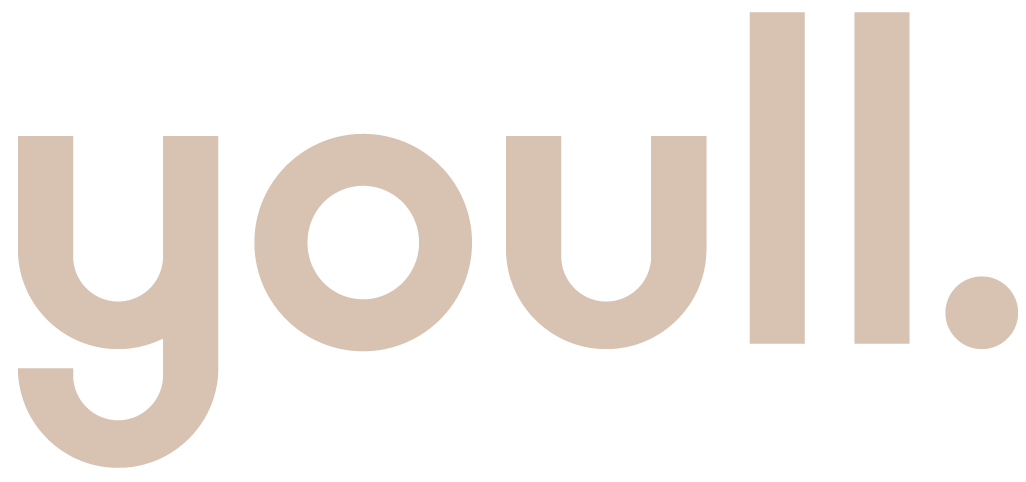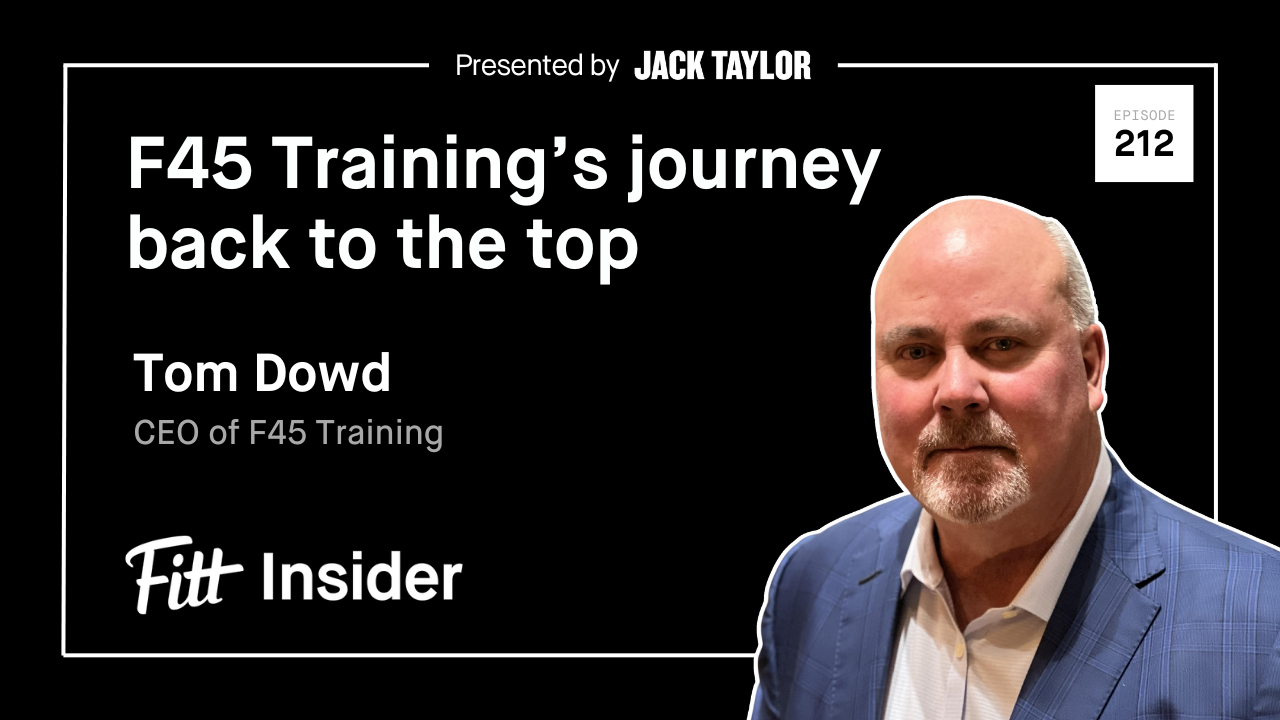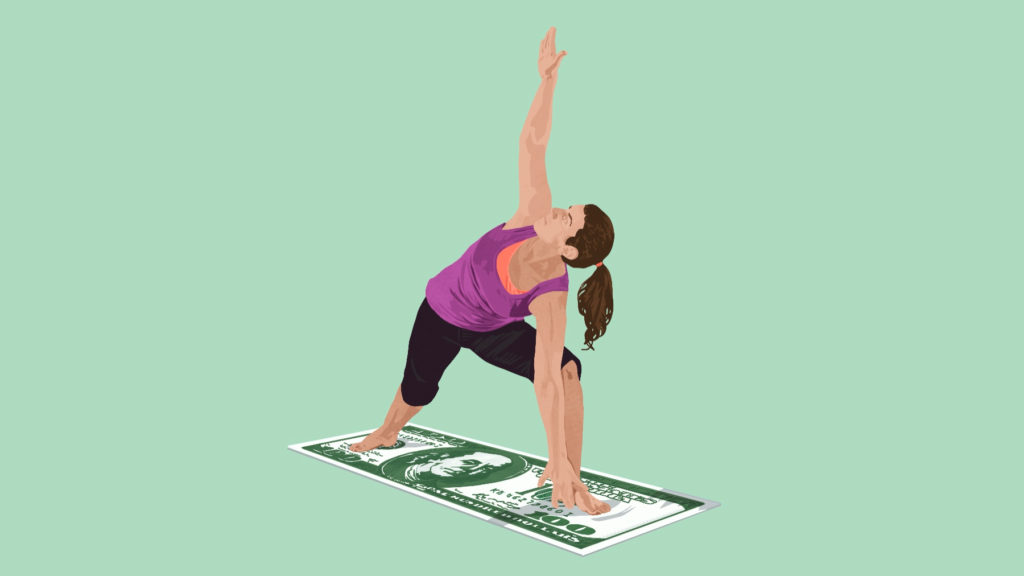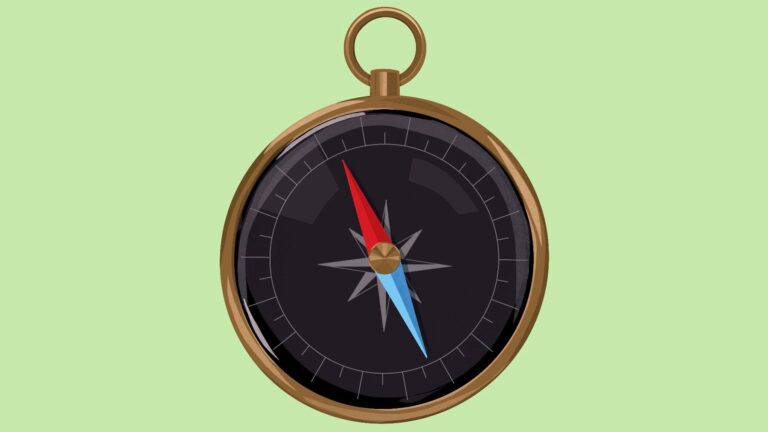
Unlock new revenue for your wellness businesses with an app.
The pursuit of well-being knows no bounds.
Liftoff
The latest Global Wellness Institute (GWI) index attempts to quantify an expansive industry.
- The global wellness economy reached $5.61T in 2022.
- Spending is now 14% higher than pre-pandemic figures.
- Wellness is projected to be worth $8.5T by 2027.
Often referenced as a journey, the GWI defines wellness as the active pursuit of well-being. But, because there’s no final destination, consumers will try almost anything to reach this subjective state — and spending can only go up.
Reaching new heights, the wellness economy is expected to outpace global GDP, growing 8.6% vs. 5.1%, over the next five years.
Along the way, as more people prioritize preventative medicine over reactive sick care, some trends stand to transcend wellness altogether, becoming line items for the new cost of living.
In Pursuit
In the US, wellness consumers spend an average of ~$5K per year on holistic health routines, including personal care, healthy eating, physical activity, and wellness tourism — with each of these categories set to reach $1T by 2024.
Place + space. The two fastest-growing sectors, wellness real estate and wellness tourism, emphasize social determinants of well-being — a factor impacting 80–90% of all health outcomes.
Still bouncing back, the travel industry is cashing in, with fitness, mindfulness, and recovery hitting airports, planes, and hotels. A chance to disconnect, adventure lodging aims to make the outdoors more accessible.
At home, wellness real estate is set to double in value by 2027. Optimizing lived environments, Life Time is scaling its fitness village concept as social clubs like HUME, Sweat + Tonic, and Othership reimagine third spaces.
Merging community and clinic, brands like Monarch Athletic Club, Remedy Place, and the UK’s UNTIL bring holistic health services under one roof.
Always on. Unlike gym sessions, wellness isn’t a scheduled time block — it’s an identity spanning fitness, entertainment, and culture.
Selling a vibe, Nike is pushing into wellness with boutique studios and strength equipment. Blending fitness with music, art, and local touches, RSG Group’s HEIMAT is expanding across America. Meanwhile, Equinox unveiled Circle, promoting lifestyle choices beyond the gym.
Head game. Top of mind, focus on mental, cognitive, and sleep health is up 139% from 2019.
As the mental health crisis worsens, AI-powered mindfulness tools promise to stem the burden, while the burgeoning brain care sector offers supplements, sensors, and new solutions to sharpen or de-stress.
Food fight. Excluding GLP-1 drugs and produce sales, the market for nutrition and weight loss is north of $1T and gaining.
Personalized nutrition platforms like January AI, InsideTracker, and more simplify food as medicine. Driving growth, health-conscious CPG brands, restaurants, and experiential grocers are mainstreaming better-for-you options.
Off the books. Difficult to monetize, and notably absent from the GWI tally, many of the healthiest things in life are free. Whether it’s walking more, spending time outdoors, finding purpose, or forging meaningful relationships, wellness doesn’t necessarily require wealth.
Punchline: For all the good it brings, like empowering health agency and sparking industry growth, wellness culture and healthcare face similar fates: spend more, get less, and be worse off for it. But with greater accountability from operators and brands, there’s an opportunity to close the gap between what works and what sells.
🎙 On the Podcast

F45 Training CEO Tom Dowd talks turnaround.
Founded in 2012, F45 grew to 2.2K+ studios and a 2021 IPO, until financial troubles hit. Now, investor Tom Dowd has assumed the CEO role, leveraging experience as an executive at GNC and Performance Inspired Nutrition to plot a new course.
We also cover: teaming with Mark Wahlberg to invest in F45, expanding with yoga and Pilates, and shifting from growth at all costs to business fundamentals.
Listen to today’s episode here.
👟 Researchers say short runs have huge benefits
Regular, short jogs go a long way for overall health.
- Running just 5–10 minutes a day was shown to reduce all-cause mortality risk.
- A 2019 meta-analysis confirmed any amount of running cut cardiovascular and cancer mortality by 27% and 23%, respectively.
- Regardless of length or speed, regular runners have the best health outcomes.
What’s more, slower may be better — as another study linked light jogging to greater longevity compared to strenuous running.
With running improving BMI, body fat, resting heart rate, VO2 max, and cholesterol levels, there’s seemingly no reason not to lace up.
Slow and steady. When it comes to exercise, consistency beats intensity. And, when it comes to consistency, community is the best accountability hack.
Making social fitness a movement, inclusive run clubs are encouraging people of all skill levels to join the race. Racking no-pressure miles together, groups like Slow AF Run Club and parkrun reframe running as a fun, shared activity. Elsewhere, apparel brands are leveraging run clubs to build cult-like followings.
And, running in a group offers its own rewards for well-being, with social connection shown to cut cardiovascular disease risk by ~30%.
Punchline: Many are intimidated by running, but like all exercise, it isn’t all or nothing. Even in microdoses, it makes a difference — and it’s even better with friends.
Presented by Youll
☎️ Calling all health & fitness creators
Stop hacking together makeshift solutions for your digital business – use Youll to launch your own custom app instead.
Youll is a no-code app development platform created by the engineering team behind meditation app Headspace.
Purpose-built for health coaches, personal trainers, and wellness professionals, Youll makes launching an app simple and affordable, no tech experience required.
Customize the branding, enable subscriptions, or add a content library while maintaining control of your clients’ data and experience.
Start now: To create your own app in just 30 days, book a demo here.
🏥 Amazon pushes further into healthcare
Leveraging its $3.9B acquisition of One Medical, the tech giant introduced affordable 24/7 healthcare for Prime members.
For $99 per year, subscribers will receive unlimited virtual care for common health concerns, plus in-person visits for additional cost. The new service builds on Amazon Pharmacy, which offers refillable prescription medications for $5 per month.
Amazon’s jungle. The retailer’s trek into healthcare hasn’t been seamless.
- 2021: Haven Healthcare, a joint venture between Berkshire Hathaway, JPMorgan Chase, and Amazon, disbanded after only three years.
- 2022: Launched in 2019, employer-focused primary care business Amazon Care folded.
- 2023: The company scrapped its Halo wearable and laid off 80 pharmacy staff.
A bright spot, Amazon Clinic is scaling nationwide. A separate telehealth service, Clinic differs from One Medical in that it connects consumers with third-party health providers rather than Amazon-employed physicians — and doesn’t take insurance.
TBD. Aiming to be one-stop shops, major retailers like Walmart, CVS, Dollar General, Walgreens, and Best Buy are also venturing into healthcare. But, there’s no clear path to delivering convenient, affordable, quality care at scale.
Punchline: Sensing frustration with the current system, Big Tech and retail envision alternative routes to fast, easy, effective healthcare. But, many are learning just how difficult the industry can be. And, with regulatory hurdles around every corner, change won’t happen overnight.
📰 News & Notes
- Pause Studio ramps up expansion, franchise sales.
- Athleta starts nationwide women’s fitness tour in NYC.
- Calm study finds over half of Americans self-medicate to sleep.
- Withings introduces new smart scale for diabetes management.
- White House debuts initiative to advance women’s health research.
- Xponential Fitness joins Gympass’s global employee wellness platform.
- Fitt Jobs: Top health & fitness companies are looking for skillsets like yours.
- Performance coaching app MySwimPro kicks off its crowdfunding campaign.
- Remedy Place launches inaugural product in its Tech-Remedy at-home collection.
- INFINITY, beyond wellness taps advisor Kay Oswald ahead of franchise expansion.
- Startup Q&A: Empirical Health’s Brandon Ballinger discusses wearables in primary care.
- Fitt Consulting Group helps ambitious teams define the future of fitness and wellness. Learn more and get in touch here.
💰 Money Moves
- Portuguese startup BHOUT raised €10M ($10.7M) in a seed round for its gamified boxing concept.
- Plant-based meal replacement brand Huel added $82.5M from Morgan Stanley’s climate-focused 1GT fund.
- OMORPHO, maker of weighted training apparel, closed $3M in seed funding.
On the Pod: OMORPHO CEO Stefan Olander - Online strength coaching company Barbell Logic raised $2.3M in a Series A round.
- BetterBrand, maker of high-protein bread alternatives, added an undisclosed investment from musician Zedd.
- Investor General Atlantic acquired a majority stake in Joe & The Juice, a Denmark-born healthy cafe concept with 350+ units worldwide.
- Gut health-focused condiments brand Fody Foods secured an undisclosed Series B round.
- AI food-as-medicine platform Heali secured $3M in a seed round led by Astanor Ventures.
- Hapana, Australian maker of business management software for gyms and studios, raised an undisclosed sum to expand in the US.
- BeMe Health, a behavioral health platform for teens, landed $1.5M in new funding.
- Forum, a virtual peer support marketplace, raised $5.3M in a seed round led by NextView Ventures.
- National budget gym chain EoS Fitness acquired UFC Fit Silverado, an MMA-inspired fitness center in Las Vegas.
- Eleos Health, a company using AI to analyze and improve therapy conversations, secured $40M in a Series B round led by Menlo Ventures.
- Virtual cardiometabolic care company Vida Health added $28.5M in a funding round and appointed a new CEO.
- Nema Health raised $4.1M in a seed round for its virtual PTSD treatment program.
Today’s newsletter was brought to you by Anthony Vennare, Joe Vennare, Ryan Deer, and Jasmina Breen.






